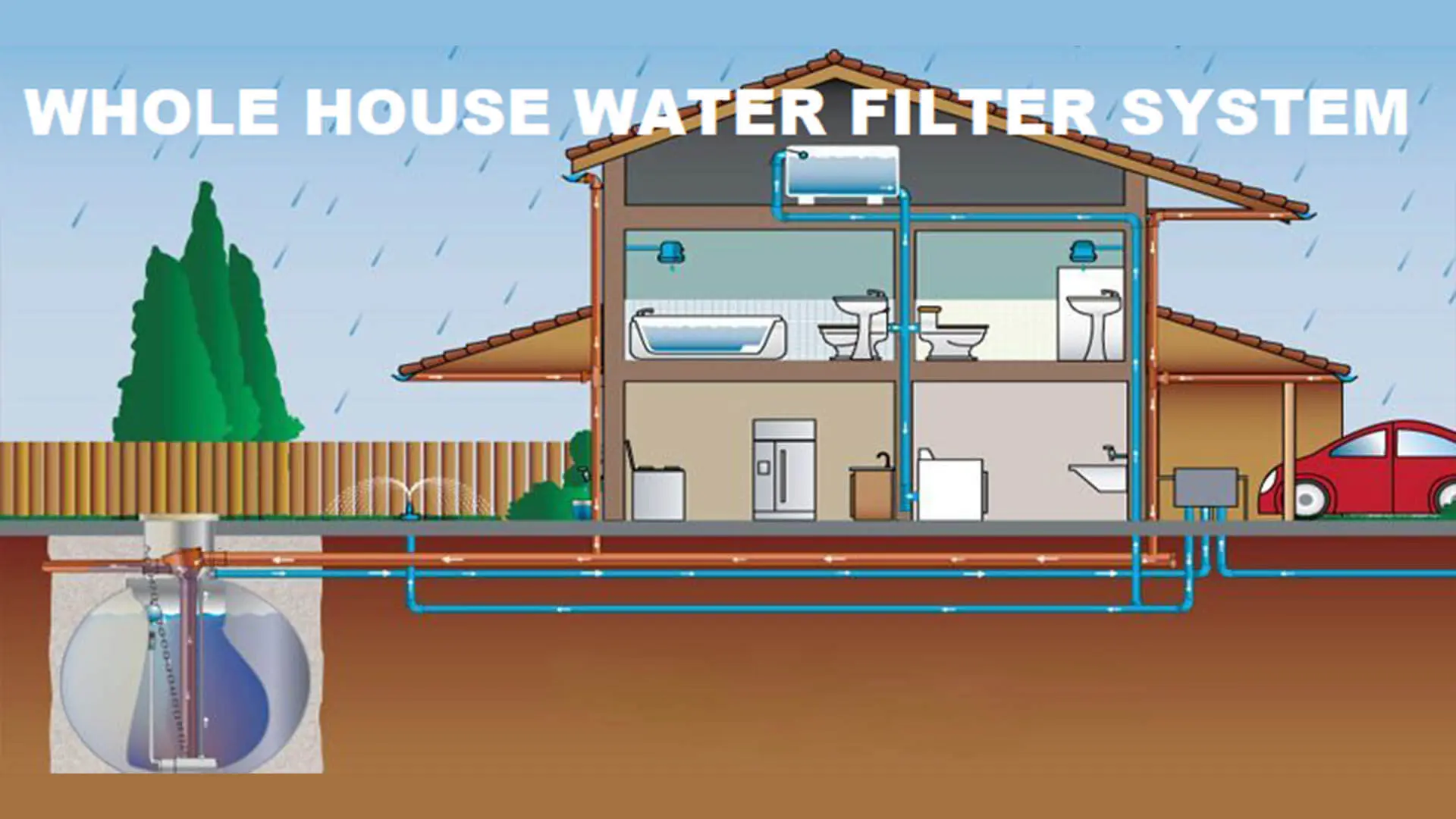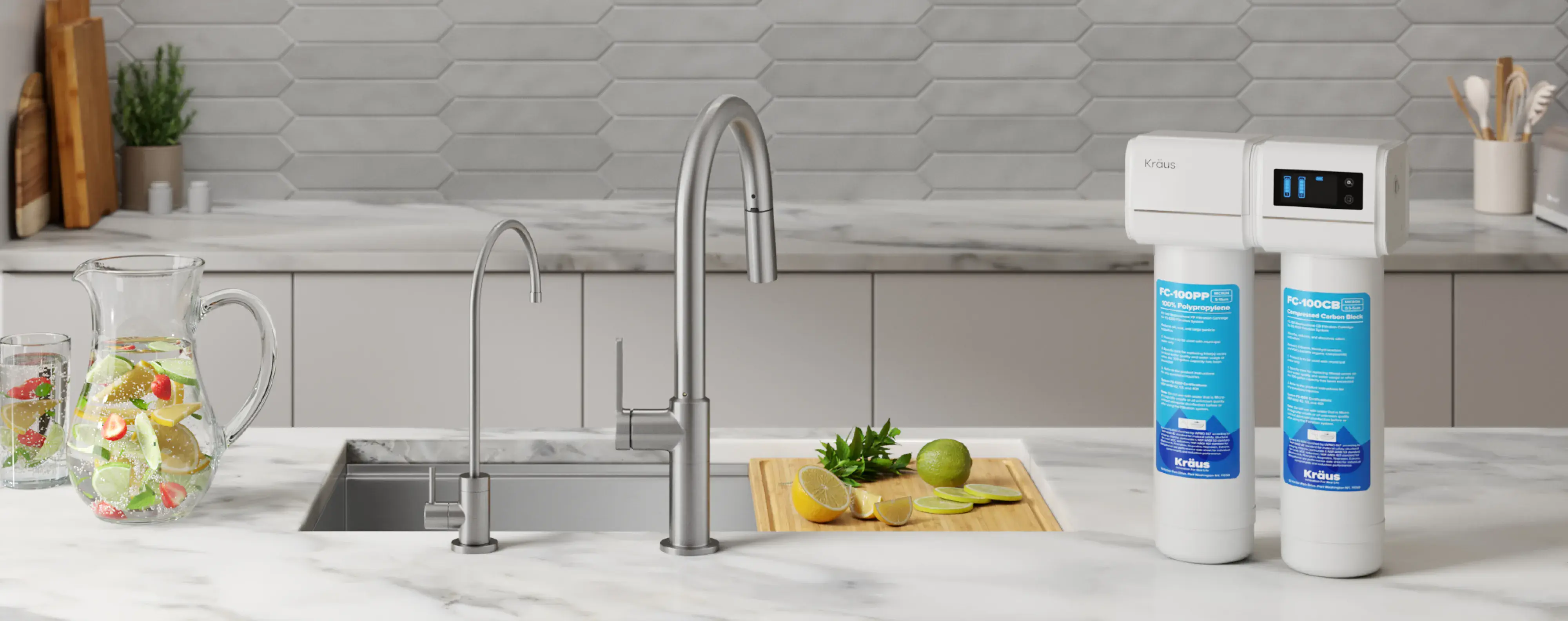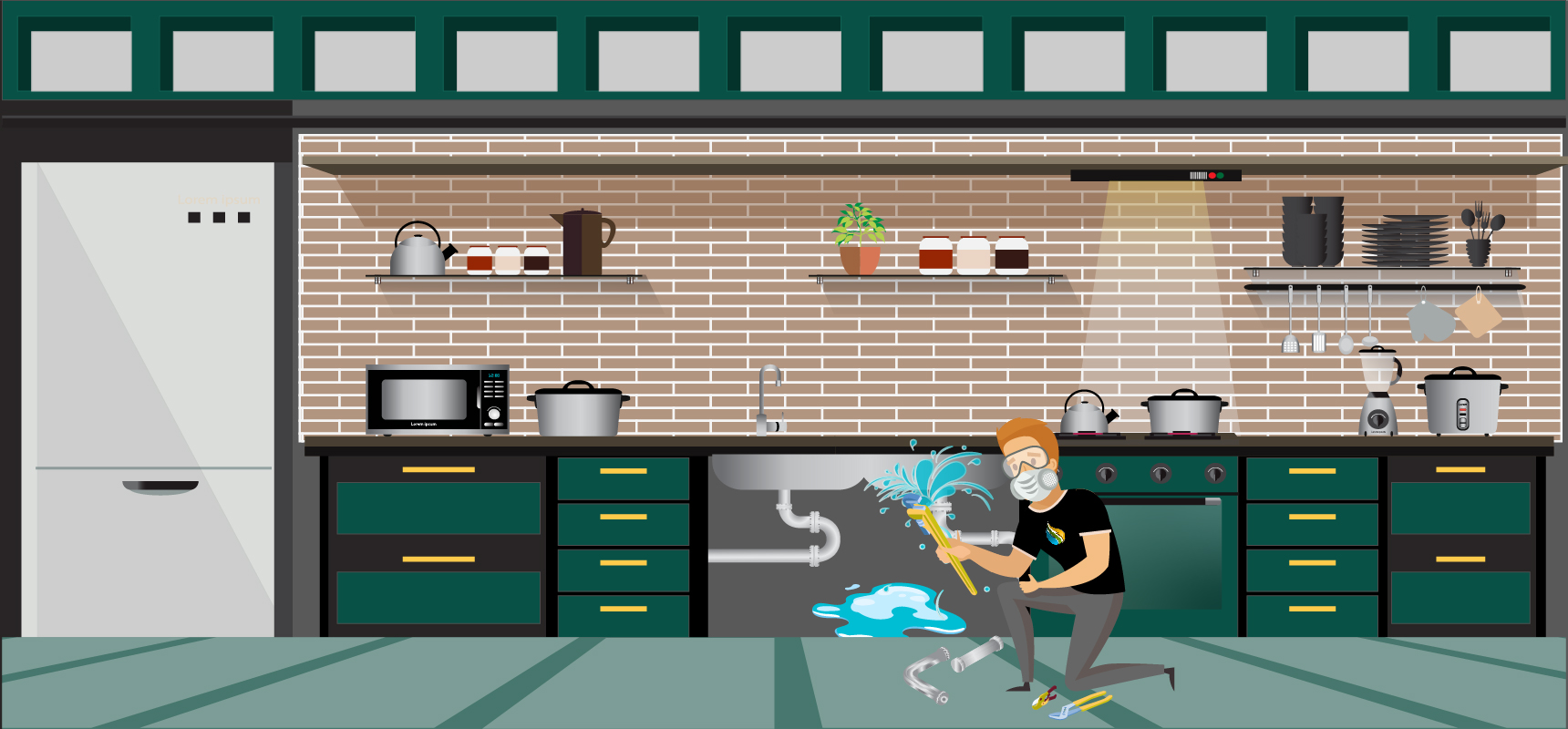
What Is a Whole House Water Filter?
A whole house water filter is a system installed at the main water line, filtering all the water before it reaches your taps, showers, and appliances. It ensures your water is free from harmful contaminants, unpleasant odors, and sediments.
Key Benefits
- Comprehensive Filtration: Purifies water throughout your home.
- Protects Appliances: Prevents mineral buildup in water heaters and washing machines.
- Healthier Skin and Hair: Reduces chlorine and other chemicals that can cause dryness.
Top 5 Whole House Water Filters in 2025
Here’s a comparison of the best whole house water filter systems to help you make an informed decision.
| Brand | Filter Type | Filter Life | Key Features | Price Range |
|---|---|---|---|---|
| Aquasana Rhino | Multi-stage | 1,000,000 gallons | Removes 97% of chlorine, customizable filters | $800 - $1,200 |
| SpringWell CF1 | Carbon filtration | 1,000,000 gallons | High flow rate, excellent for large homes | $1,500 - $2,000 |
| Pelican PSE1800 | UV + Carbon Combo | 600,000 gallons | UV protection against bacteria and viruses | $1,300 - $1,800 |
| iSpring WGB32BM | Sediment + Carbon | 100,000 gallons | Affordable, effective for well water | $500 - $700 |
| Express Water WH300SCKS | 3-stage filtration | 100,000 gallons | Easy installation, includes sediment filter | $500 - $800 |
How Does a Whole House Water Filter Work?
A whole house water filter system typically includes several stages of filtration:
1. Pre-Filtration
Removes large particles like sand, rust, and sediment to protect downstream filters and plumbing.
2. Carbon Filtration
Eliminates chlorine, pesticides, and unpleasant odors, improving taste and smell.
3. Specialty Filters (Optional)
Address specific issues, such as heavy metals, bacteria, or hard water.
4. Post-Filtration
Ensures water is polished and ready for use throughout your home.
Types of Whole House Water Filters
1. Sediment Filters
- Best for: Homes with high sediment levels in water.
- Pros: Protects appliances and pipes.
- Cons: Limited to sediment removal.
2. Carbon Filters
- Best for: Removing chlorine, pesticides, and VOCs.
- Pros: Improves taste and smell of water.
- Cons: Does not soften water or remove bacteria.
3. Reverse Osmosis Systems
- Best for: Comprehensive water purification.
- Pros: Removes up to 99% of contaminants.
- Cons: Expensive, requires professional installation.
4. UV Filters
- Best for: Killing bacteria and viruses.
- Pros: Ideal for well water or high-risk areas.
- Cons: Does not remove sediment or chemicals.
How to Choose the Best Whole House Water Filter
Step 1: Test Your Water Quality
Get a water quality report to identify contaminants like lead, bacteria, or hard water minerals.
Step 2: Determine Your Budget
Whole house water filters range from $500 to over $2,000. Higher-end systems often include multi-stage filtration or UV technology.
Step 3: Consider Maintenance Costs
Look for systems with long-lasting filters to minimize replacement expenses.
Step 4: Match Flow Rate to Household Size
Choose a system with a flow rate that accommodates your household needs (e.g., 7-15 GPM for larger homes).
FAQs About Whole House Water Filters
How often should I replace the filters?
Filter lifespan varies: sediment filters last 6-12 months, while carbon filters can last up to 1,000,000 gallons.
Can a whole house water filter remove hard water?
Most whole house filters don’t soften water. You may need a water softener in combination.
Are whole house water filters worth it?
Yes! They provide cleaner, healthier water for drinking, bathing, and cooking, protecting both your health and home.
Conclusion
A whole house water filter is a smart investment for ensuring safe, clean water for your entire household. Whether you prioritize removing chlorine, eliminating bacteria, or addressing hard water issues, there’s a system that fits your needs. Take the time to evaluate your water quality and explore the best options to enjoy purified water from every tap.
Make the switch today and give your family the gift of clean water!



